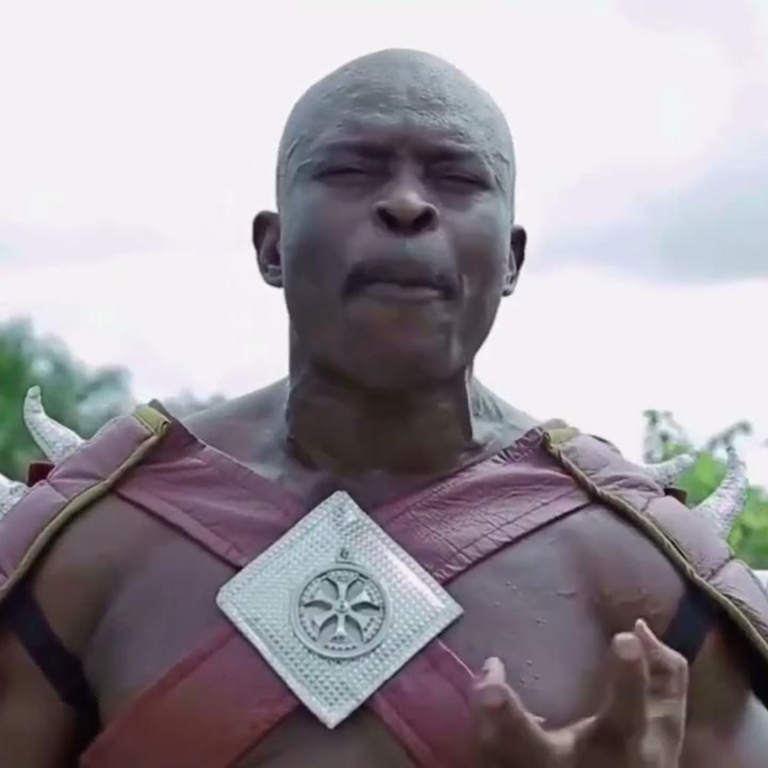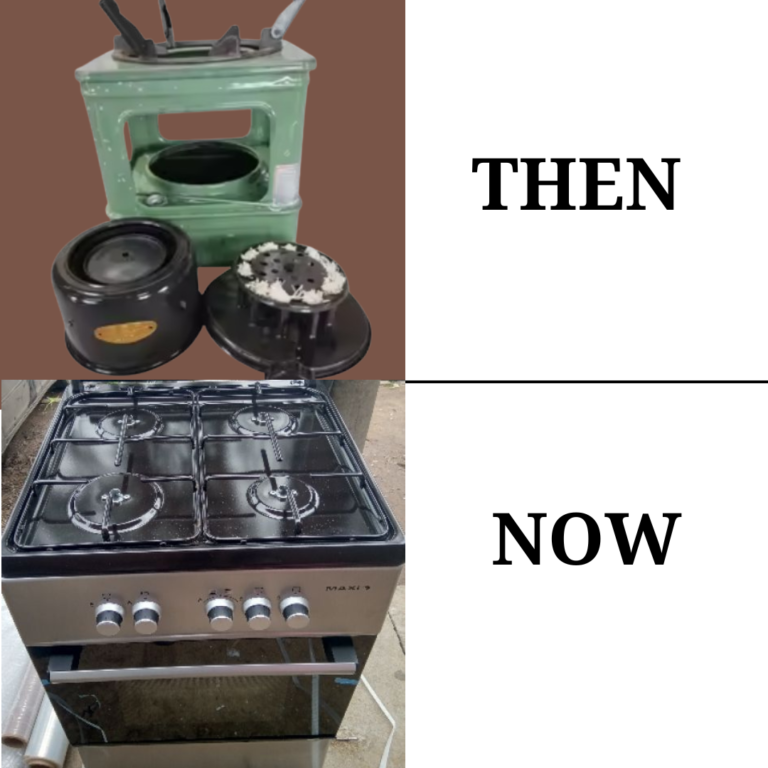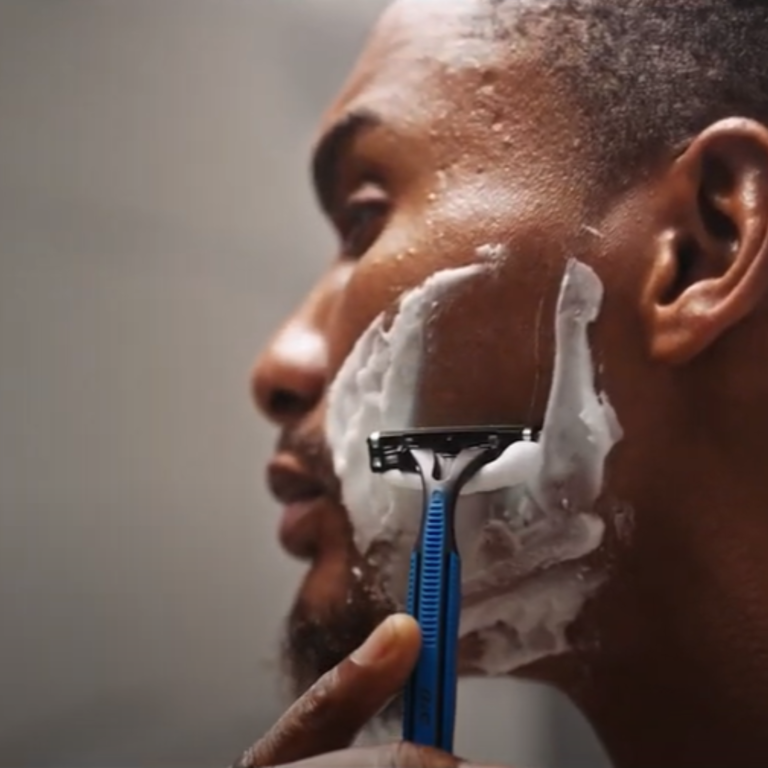In March, 2022, many Nigerian banks cut monthly foreign spending limits on naira cards. As a result, they stopped processing international transactions due to Nigeria’s foreign exchange problems.
This was worrying on many fronts, especially for people who rely on foreign products and services. One good example of that is streaming services.
Since the past year, Nigerians who don’t have dollar cards have had to improvise multiple times to find new payment methods for their streaming service of choice.
We spoke to a few to understand their experiences with this arrangement.
“I used to pay ₦900 for my Tidal subscription, now it’s ₦2k” — Okanlawon
I don’t have any streaming subscription — I’m logged into a few people’s accounts. But sometimes, I seek the internet for TV and movie content.
mostly use YouTube for music now— not Youtube music, but Youtube itself. I also use Audiomack when I need to listen to music leaks and songs that aren’t on official platforms due to copyright reasons.
I used to have an Apple Music subscription, but I haven’t done that since the card issues came up. I also have a Tidal subscription I don’t use regularly because paying for it now is now more expensive. The naira devaluation means I have to pay more and the DSP also increased their prices by a dollar. A service I used to enjoy for ₦900 now costs me ₦2000.
The Naira card situation has made everything more difficult to purchase — people are forced to create virtual cards and risk their money with unreliable services. One fintech company is still holding my money on their virtual card service. I’m salty about that.
It’s crazy that I have to jump through hoops to make payments. Before I can pay for hosting services for my website, I have to reach out to a UK friend to use her Paypal account.
“I don’t do virtual cards. I send money to others” — Fati
I consume music with Spotify, Apple Music, Audiomack , and I use ShowMax for films. But I’m not paying for all of them. I’m in a Spotify family plan, and one person in the bill sorts out the bill. I pay a friend ₦500/month to access his Apple Music family plan, and I use the free version of Audiomack.
The only way the spending limits on foreign transactions has affected me is with my AliExpress transactions. When I opted for a fintech virtual card, they swallowed my money and didn’t give it back until I complained on Twitter. I’m aware there are other virtual banks and cards, but I’d rather not go through the hassle again.
“I pay for only Spotify, and my friend pay for others” — Zaheir, 25
I only pay Spotify Premium for my music. I might be biassed because I’m a big fan of their brand design, colour, font and whatnot.
Before the Naira cards stopped processing foreign transactions, I used to pay for the subscription myself and share the cost with five other friends. It was really dope.
It’s still the same thing now that the cards don’t work anymore; I just had to switch to using a virtual card service for payment.
“I don’t pay for any streaming service” — Mohammed
I still can’t relate when people complain about their cards not working for streaming services. I use Boomplay for my music, and I haven’t used anything else. I haven’t even considered subscribing even though it has a premium plan. The good thing about this is I don’t have to bother about a card that works or if I’ll have to pay a price premium for the service.
Best thing about paying for streaming is I can enjoy what I want — Francis
I use Apple Music and Spotify, but the former is my favourite. It’s easy to use, and I believe they have the best sound quality. I used to use my Access Bank card to pay for subscriptions. But when the bank stopped processing the transactions, my guys brought a cheat-code that allowed us to bypass the payment process. After that one, I started hearing about a MTN ₦1000 for 6 months plan on Apple Music, but I haven’t checked it out because I got a free Apple Music subscription from using my Shazam frequently.




